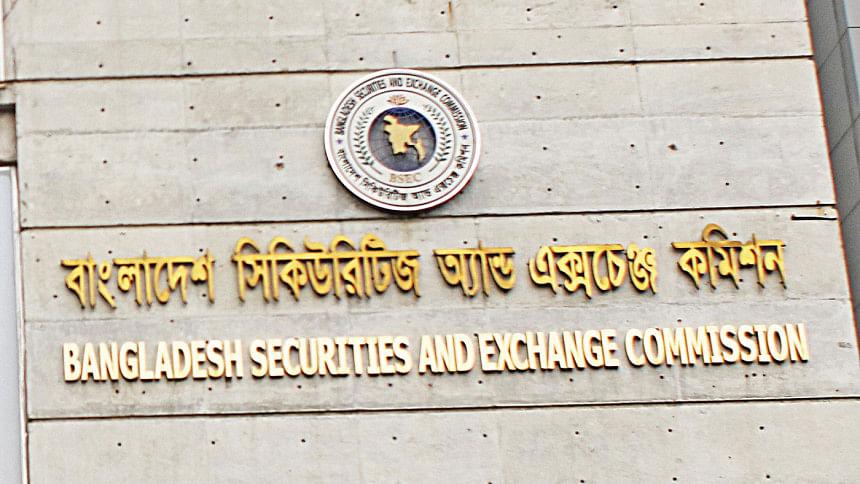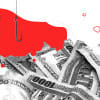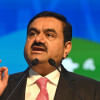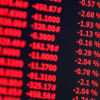Dual policy in a single stock market

By removing the floor price for nearly half of the companies listed in the country in December while retaining the regulatory measure for the rest, the Bangladesh Securities and Exchange Commission (BSEC) has effectively moved to a dual system.
This is because the companies that have seen the floor price removal are allowed to drop slowly while the rest have been safeguarded from further erosion.
In order to prevent a freefall of stocks, the floor price, the lowest price at which a share can be traded, was brought back on July 29. The floor was the average of the closing prices on July 28 of 2022 and the preceding four days.
On December 21, the stock market regulator lifted the artificial support measure for 169 companies. It, however, set the circuit breaker in a way that would prevent stocks from declining more than 1 per cent on a given day.
"This is an example of a dual policy system in a single market," said Al-Amin, an associate professor of the accounting & information systems department at the University of Dhaka.
On what basis the BSEC lifted the floor price for some companies but it has remained in place for others was not communicated to people, he said.
Many stocks have declined more than 20 per cent since the withdrawal of the floor price while others are stuck at the floor, Al-Amin said.
"Some people are being victimised by the withdrawal of the floor. But what was the fault of the investors of these stocks? Setting the floor price was a wrong decision, at least for the second time."
In March 2020, the stock market regulator introduced the floor price on all stocks to stop the index from sliding after the coronavirus pandemic struck the country.
"Now, the BSEC is repeating the mistake by lifting the floor price for some and retaining it for others," said Al-Amin.
The introduction of the floor price in 2020 was criticised by most analysts and foreign investors, prompting the regulator to start moving away from it in phases from April 2021.
"Previously, the BSEC lifted floor price in phases so people knew what was going on. But now people don't know what is going on and when it would be lifted fully," said Al-Amin.
The BSEC imposed the floor price thinking that it would be better for the market. However, it tells a different story now, said Md Sayedur Rahman, president of the Bangladesh Merchant Bankers Association.
"The stock market regulator is trying to find a way out."
Most investors are feeling hesitation to invest as they have no clear idea about the floor price, said a top official of a brokerage firm, preferring anonymity.
"If the floor price is withdrawn, the market may plunge in the first few days. So, investors don't want to buy shares now."
He said the BSEC should have analysed why and when the floor price would be scrapped and the impact of the withdrawal.
"Then the BSEC should have informed investors so that investors come to know what is going on."
The official said the BSEC lifted the floor price in December suddenly as it was telling stakeholders it would not be removed.
"Such misinformation sends a negative message to the market."
Mohammad Rezaul Karim, a spokesperson of the BSEC, said the commission lifted the floor price for the companies that have a low contribution to the market capitalisation so that they could not affect the index to a large extent.
"Moreover, the BSEC also wanted to see if the removal of the floor price raises the turnover," he said, adding that stakeholders are struggling due to the lower turnover.
Turnover on the Dhaka Stock Exchange (DSE) dropped to a 29-month low of Tk 227 crore a day after the partial withdrawal of the floor price in December. It plunged further to Tk 146 crore on January 2 this year. Turnover stood at Tk 580 crore yesterday.
"Until the market situation improves, the commission will not withdraw the floor price completely," said Karim.
The DSEX, the benchmark index of the DSE, ranged between 6,000 and 7,000 points in the past one year, data from the premier bourse of Bangladesh showed.

 For all latest news, follow The Daily Star's Google News channel.
For all latest news, follow The Daily Star's Google News channel. 








Comments